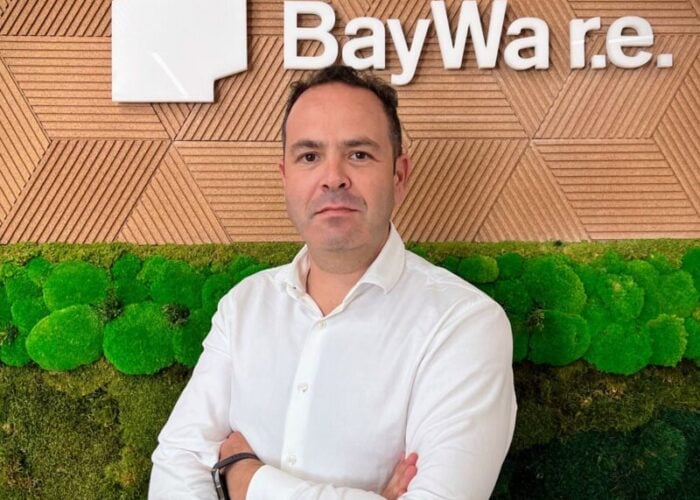Pakistan’s energy regulator, NEPRA (National Electric Power Regulatory Authority), has approved and put into effect net metering schemes for solar and wind generation of up to 1MW.
The plans were drafted in October 2014 and approved at government level as far back as January of this year. NEPRA made its announcement last week that it was “pleased” to announce what it called a “framework for the regulation of Distributed Generation by using alternative and renewable energy net metering”. The issue of the notification on 1 September put the new scheme into force immediately.
Unlock unlimited access for 12 whole months of distinctive global analysis
Photovoltaics International is now included.
- Regular insight and analysis of the industry’s biggest developments
- In-depth interviews with the industry’s leading figures
- Unlimited digital access to the PV Tech Power journal catalogue
- Unlimited digital access to the Photovoltaics International journal catalogue
- Access to more than 1,000 technical papers
- Discounts on Solar Media’s portfolio of events, in-person and virtual
Or continue reading this article for free
NEPRA will grant generation licences to solar and wind system owners, who will need to register the critical equipment used – the maker and model of inverter and generator being the key components in this regard. Among other technical considerations, the generator must also install a manual disconnect device to take the system off the network if necessary.
Distributed generators that sign up to the scheme must pay a one-off fee to NEPRA. The charges range from PKR500 (US$4.80) for systems between 20kW and 50kW, and up to PKR5,000 for systems of 100kW to 1,000kW, although those of 20kW capacity or below will be exempted.
The scheme also outlines the process under which both would-be generators and distribution companies must operate, including the timeline for approvals. Applicants should receive acknowledgement of receipt from distribution companies within five days of sending in their forms, unless the application form has been filled inadequately, in which case applicants will hear back within seven days. Following that, the distribution company will carry out a technical review – the only part of the process for which an indeterminate time frame is allowed – before replying within three days if connection is not feasible, or within seven working days if approval has been met.
International law firm Eversheds has described Pakistan as “one of the most exciting renewables markets globally, with an abundance of potential”. Last week Eversheds held an event in London with the International Finance Corporation (IFC), a member of the World Bank Group, where Pakistani government officials and experts discussed the country's renewable energy programmes,
“Pakistan’s renewable market is relatively new but it provides an attractive investment opportunity with compelling structures which make it bankable as well as marketable,” Alternative Energy Development Board (AEDB) of Pakistan's CEO, Amjad Ali Awansaid said at the event.
“The government has a shared vision and a commitment to developing a clean energy regime. It is supporting investors and developers through various incentives and has removed certain challenges such as making land accessible and aligning project development with grid capacity.”
The country has introduced feed-in tariffs (FiTs) for larger systems, leading to companies such as Switzerland’s Meeco to carry out a number of commercial rooftop installations under power purchase agreements (PPAs). Meanwhile aleo Solar, headquartered in Germany but owned by Taiwanese company Sunrise Global Energy, kicked off its involvement in Pakistan in March by providing PV modules to 18 solar systems of 100kWp capacity each in rural areas where diesel is still one of the main sources of fuel. The aleo Solar systems will be linked to energy storage to maximise the use of solar. Similarly, last month meteocontrol China, a subsidiary of Shunfeng International Clean Energy said it would add integrated remote control systems to 100MW of a larger 900MW project in Punjab. The move to add net metering is hoped to add momentum to the residential and smaller scale markets.







